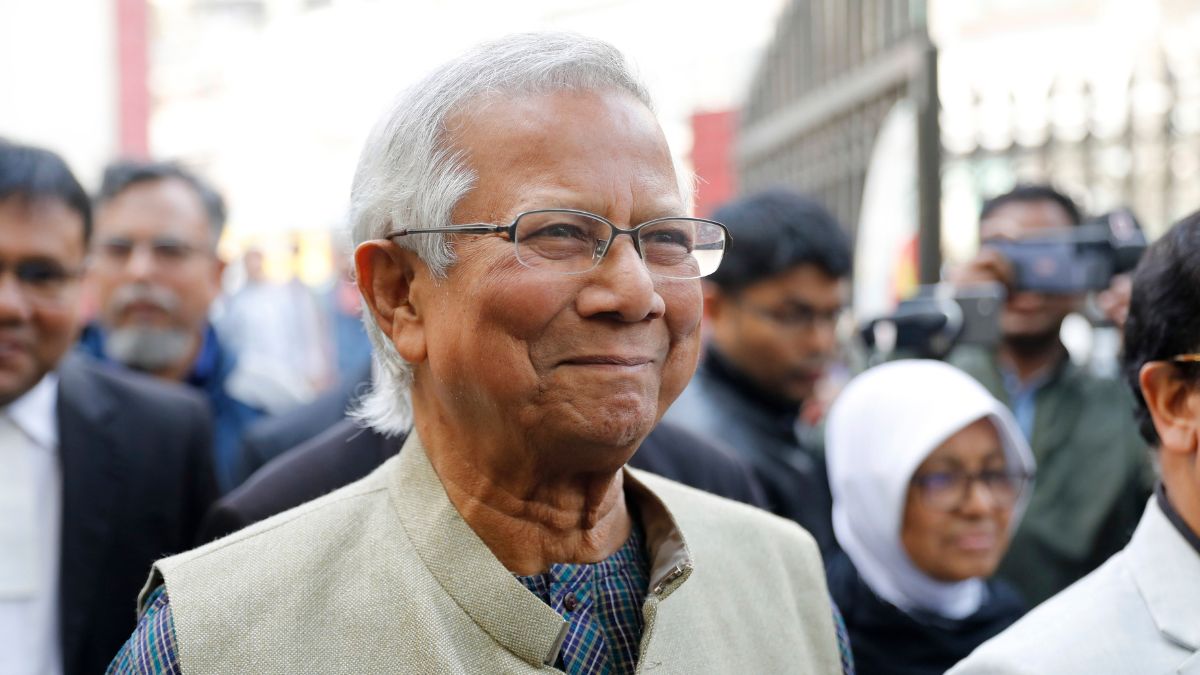Bangladesh’s interim government, led by nobel laureate Dr. Muhammad Yunus, has initiated “groundbreaking” reforms, forming six separate commissions to overhaul vital sectors of the country and lay the groundwork for free and fair elections.
During a televised address on Wednesday (September 11) seen by 171 million people, Yunus outlined the reforms that would soon be implemented.
Here are seven key points about the reforms:
1. Around the same time the reforms were launched, Yunus, in an interview with DW, had said that former Bangladeshi Prime Minister Sheikh Hasina had “destroyed almost all institutions” and “the economy was shattered.”
“You do not know where to begin because everything has to be restarted in a different way,” he had said, adding that his interim administration wants to “establish citizens’ rights, human rights, democracy and everything that goes with a good governance.” This was then clearly reflected in his address in which he announced the reforms.
2. Six commissions have been formed, each focusing on a crucial sector- electoral system, police administration, judiciary, anti-corruption system, public administration, and the constitution. These commissions aim to create long-term institutional changes in Bangladesh.
3. One of the main priorities of the reform effort is establishing a fair and transparent electoral system, which Yunus says is essential to good governance.
4. Yunus has said reforming four institutions– police administration, public administration, judiciary and anti-corruption commission – is essential as they are integral to conducting free and fair elections, according to Bangladeshi news outlet Prothom Alo.
5. Leaders of the commissions have been selected from a wide array of professionals, including civil society activists, former judges, anti-corruption experts, and prominent lawyers.
6. The commissions will engage in consultations with advisory council members, representatives of social movements, civil society, and political leaders to ensure broad-based input.
7. While the reforms have been welcomed by some, others have raised concerns about the complexity of the task, pointing to the challenges in reversing years of corruption and rights abuses under the previous administration, according to Nikkei.
Yunus has expressed hope that the country will embark on a new path of reform, inspired by the July uprising, and bring about an era of democracy and good governance.
)